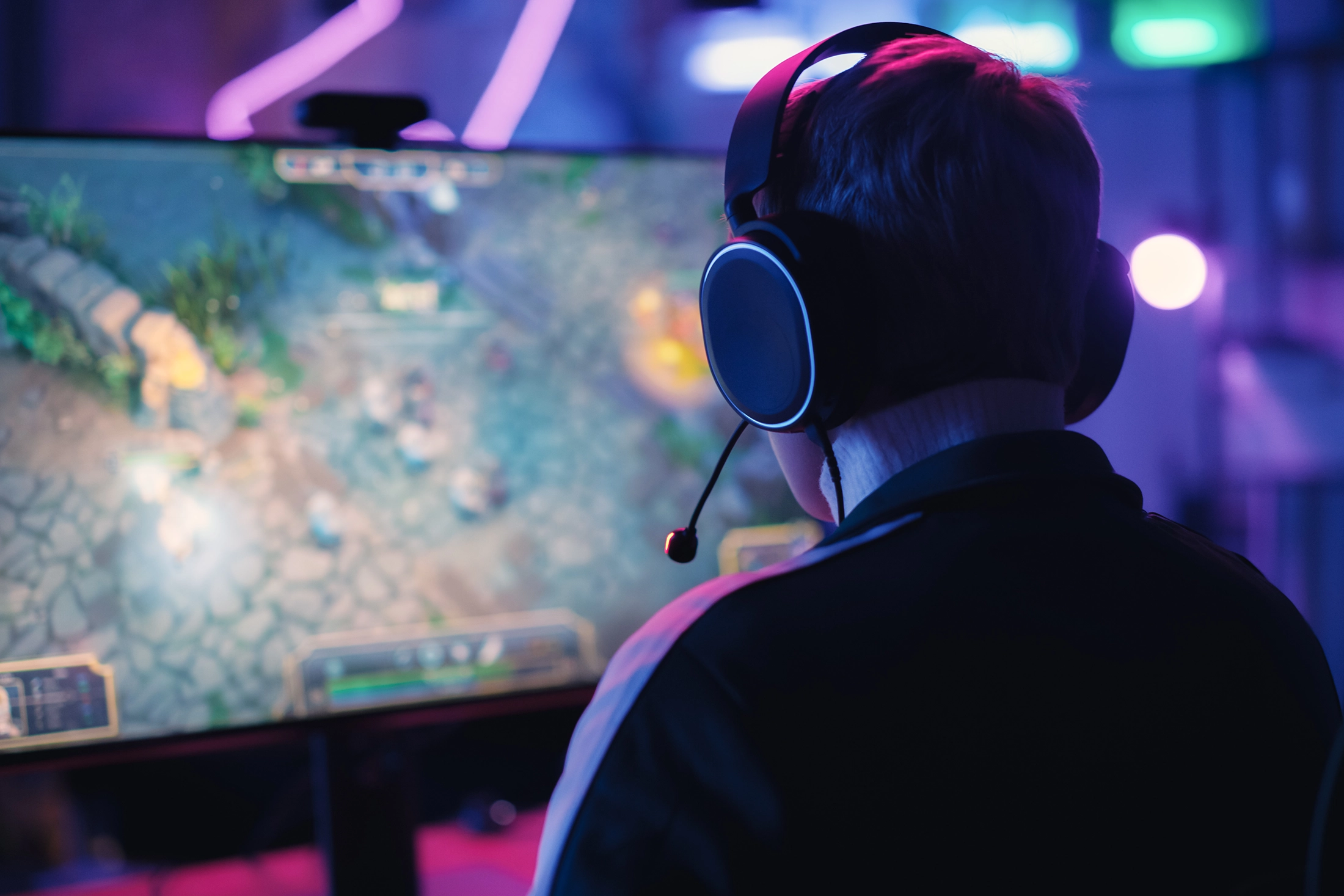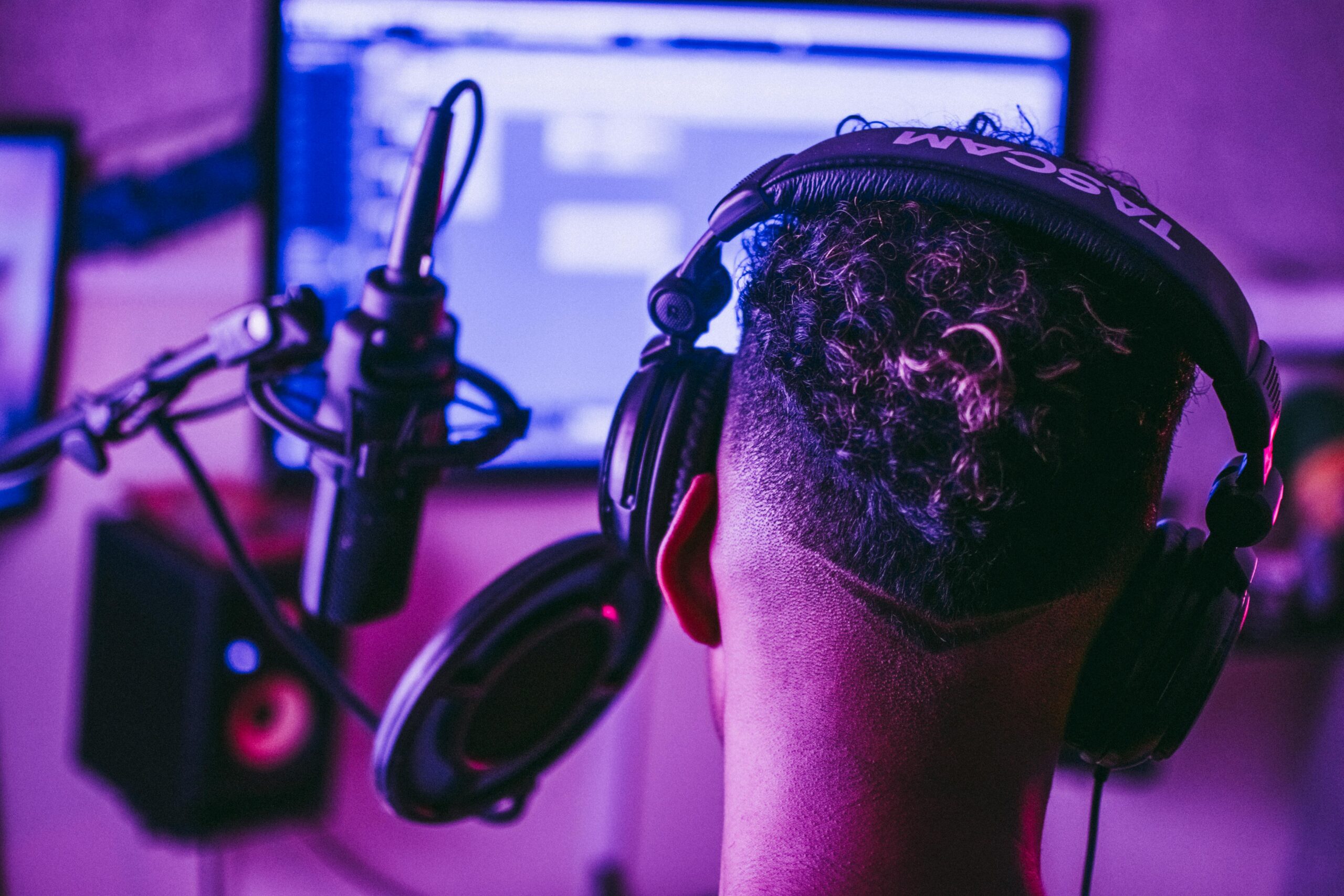
VIDEO GAME
What You'll Learn About Audio for Video Games at an Audio Recording School
You already know how important sound is in games — the crunch of footsteps in a survival horror title, the cinematic score that builds during a boss fight, the voiceover that draws you into the story. Game audio is more than just cool effects — it’s what makes you feel immersed.
If you’re passionate about both sound and gaming, working in video game audio could be your perfect career path.
And at an audio recording school, you'll learn how to create, shape, and control the audio that brings games to life.
Here’s what you’ll actually learn about game audio — and why it’s such a unique and exciting part of the audio industry.
1. What Makes Game Audio Different
Game audio isn't linear like film or music. It has to react to the player in real time.
At an audio recording school, you’ll learn how game sound:
- Changes based on player choices
- Loops and layers depending on gameplay
- Uses triggers to activate sounds in real-time
- Adapts to environments and character actions
You'll study the technical and creative sides of game audio to blend storytelling, sound design, and programming logic into one immersive experience.
2. Sound Design for Games
This is where your creativity shines.
At an audio recording school, you’ll learn to:
- Create and record sound effects from scratch
- Use synthesis and layering to design custom audio
- Build textures for different environments (e.g., forests vs. sci-fi labs)
- Make weapons, UI sounds, magic spells, footsteps, creature growls — you name it
- Edit and process sounds using EQ, reverb, pitch, and modulation
Whether you're designing for AAA titles, mobile apps, or indie games, sound design is at the heart of game audio.
3. Interactive and 3D Audio
Games live in three-dimensional spaces — and so should their audio.
At an audio recording school you’ll explore:
- 3D spatial audio techniques
- Surround-style sound you can feel and hear all around you
- How to create immersive soundscapes
- Dynamic reverb based on environments
- Directional sound cues (e.g., hearing an enemy sneak up behind you)
These skills are especially important in open-world games, VR, and AR — where sound has to feel like it's part of the world around the player.
4. Audio Middleware and Game Engines
To get audio working in a game, you need to know more than just how it sounds — you need to know how it connects to the game itself.
At an audio recording school you’ll be introduced to:
- Middleware like Wwise
- Game engines like Unity and Unreal
- Trigger systems, parameters, and events
- Audio implementation workflows
- Real-time mixing inside a game engine
This is where audio meets coding and design — and where you learn to make your sound interactive.
5. Voiceover and Dialogue Systems
Games are full of characters, and characters need voices.
At an audio recording school you’ll learn to:
- Record voice actors cleanly and consistently
- Direct VO sessions and capture performance
- Edit lines for pacing, energy, and clarity
- Handle dialogue trees, variations, and branching stories
- Organize large VO libraries for RPGs or open-world games
Dialogue is one of the biggest parts of modern games — and you'll gain the skills to make it feel real, emotional, and dynamic.
6. Music Integration and Adaptive Scores
Unlike a movie score, game music has to change based on gameplay — and keep looping without getting annoying.
At an audio recording school you'll study:
- Adaptive music systems that react to player actions
- Music layering and stem mixing
- How to score transitions between exploration, combat, and cutscenes
- Syncing music with game events
- Collaborating with composers and developers
You’ll also get practice editing and formatting music for game engines — a huge part of making sure everything runs smoothly in-game.
7. Audio for Player Experience
At the end of the day, game audio is all about how it makes the player feel.
At an audio recording school you’ll learn to:
- Support the mood of a scene or story
- Use audio to provide feedback and guidance
- Trigger emotional responses with subtle cues
- Reinforce gameplay mechanics with sound
- Balance immersion, clarity, and performance
This is what separates a technically good sound designer from a great one — knowing how to use audio to deepen the overall player experience.
Real-World Game Audio Projects
Many audio recording schools will give you the chance to:
- Work on real or simulated game projects
- Build a game audio portfolio
- Intern or assist on real-world audio implementations
- Get experience that translates directly into entry-level jobs
This hands-on learning is what helps you land your first credits — and sets you apart in the job market.
Careers in Game Audio
Studying game audio at the right audio recording school opens doors to roles like:
- Game Sound Designer
- Audio Implementer
- Technical Sound Designer
- Voiceover Editor or Director
- Audio QA or Tester
- Sound Lead for Indie or AAA Studios
- Music Editor for Games
And with the growth of VR, mobile gaming, and immersive media, demand for skilled audio pros is only going up.
Why This Matters to You
Game audio is a creative, technical, and constantly evolving part of the entertainment industry. If you love sound and you love games, it’s one of the most exciting ways to build a career.
At an audio recording school you’ll get the tools, experience, and confidence to start working on real projects — and turn your passion for gaming into something bigger.

STILL NOT SURE WHERE TO START?
Answer a few questions and find a program that fits your goals.
